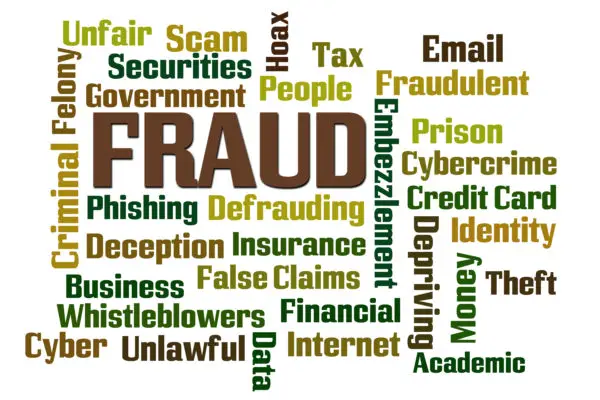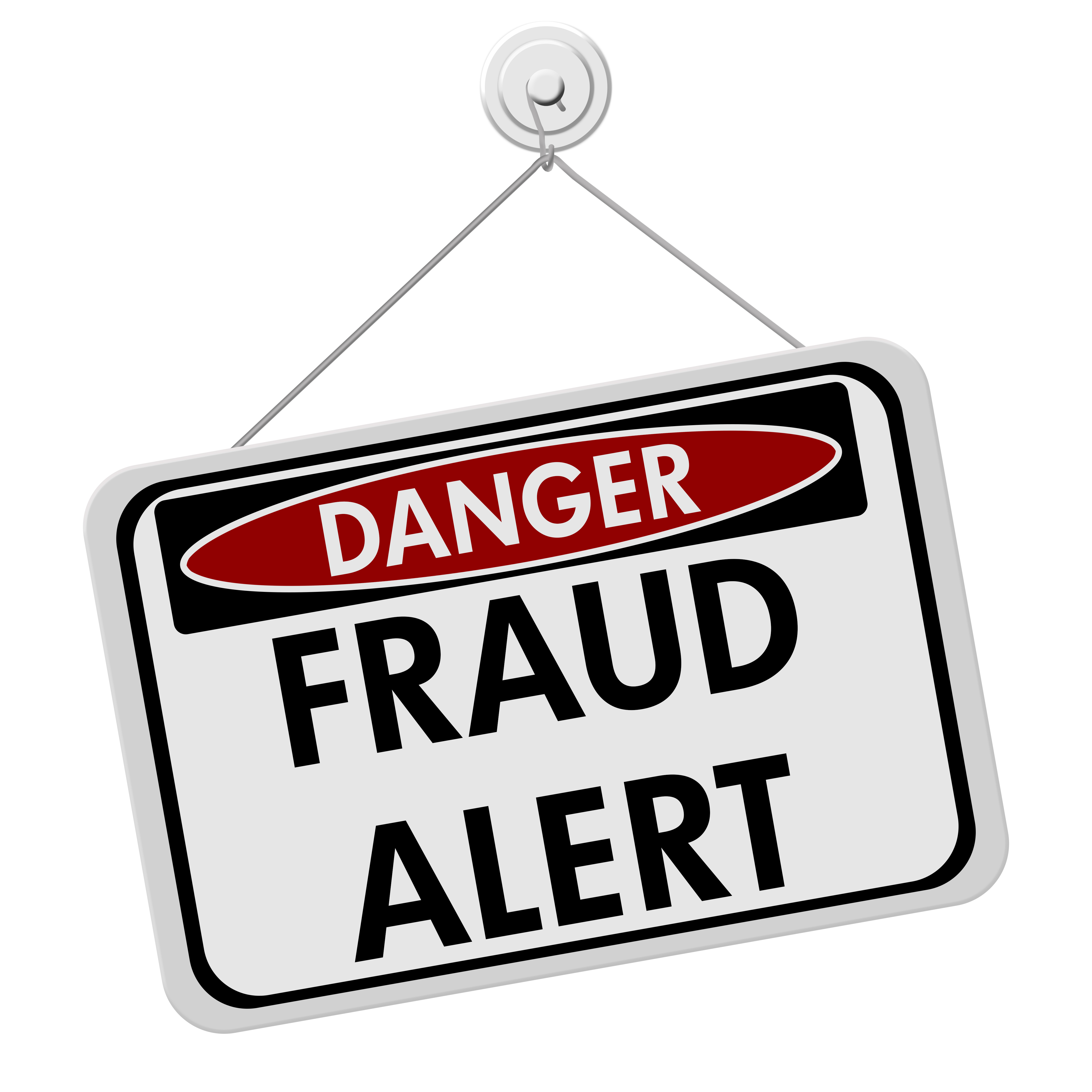A Fraud Awareness Program is essential to an organization’s efforts to combat fraud.
It typically involves educating employees, management, and other stakeholders about fraud risks, recognising fraudulent activities, and the steps to take when fraud is suspected.
Such a program aims to create a culture of honesty and integrity where fraud is less likely to occur and more likely to be detected if it does.
Key elements of a Fraud Awareness Program may include:
- Conducting Risk Assessments: Identifying and assessing fraud risks within the organization to tailor the fraud awareness program accordingly (source: OneSpan).
- Implementing Strong Internal Controls: Establishing robust internal controls that prevent fraudulent activities or detect them when they occur (source: ComplyAdvantage).
- Regular Training and Education: Providing ongoing education and training for employees to recognize and respond to fraud risks (source: ACFE).
- Creating a Supportive Environment: Encouraging a culture where employees feel comfortable reporting suspicious activities without fear of retaliation (source: SHRM).
- Continuous Monitoring and Improvement: Regularly monitor for fraudulent activities and adapt strategies based on new threats and lessons learned (source: SAS).
A Fraud Awareness Program is an initiative organizations take to educate their employees and stakeholders about the various forms of fraud, its signs, and how to prevent, detect, and respond to fraudulent activities.
Here are the key components of a successful Fraud Awareness Program:
1. Training and Education: This is essential to any fraud awareness program. Regular training sessions help employees understand what constitutes fraud, its impacts, how to spot warning signs, and what actions to take.
2. Policy Development: Establishing clear policies regarding fraud is vital. These policies should define what constitutes fraud, the penalties for fraudulent activities, and the steps for reporting suspected fraud.
3. Communication: Continuous communication is crucial to maintaining awareness. Regular updates, reminders, newsletters, or bulletins can be useful tools in keeping the issue of fraud at the forefront of employees’ minds.
4. Reporting Mechanisms: Providing employees with a safe, anonymous way to report suspected fraud is an effective deterrent. It can also enable faster detection and response.
5. Response plan: An organization should have a clear plan for responding to allegations of fraud, including investigation procedures and disciplinary actions.
6. Regular Assessment: Organizations should regularly assess the effectiveness of their fraud awareness program and make necessary changes to ensure its continued efficacy.
7. Ethical Culture: Promoting a culture of honesty and integrity within the organization can help to prevent fraud. Management must lead by example in this respect.
This program should ideally be part of a larger fraud risk management program and should be tailored to the needs and risk areas of the specific organization.
The increasing prevalence of fraud in various sectors has become a pressing concern for public and private organizations. Many institutions have implemented fraud awareness programs to address this issue to educate employees and stakeholders.
These programs are designed to promote ethical behavior and integrity within organizations while reducing the risk of financial losses due to fraudulent activities.
In line with this goal, government agencies such as the Independent Broad-based Anti-corruption Commission (IBAC) have been tasked with developing and implementing effective fraud awareness programs.
IBAC is responsible for investigating corruption and misconduct within Victorian public sector bodies, including state government departments, local councils, and statutory authorities.
Through its efforts to promote public administration transparency and accountability, IBAC aims to foster a culture of integrity that will discourage fraudulent activities among public servants.

IBAC’s Responsibilities
IBAC, or the Independent Broad-Based Anti-Corruption Commission, is responsible for implementing a comprehensive fraud awareness program to educate and empower individuals to detect, prevent, and report fraudulent activities within their respective organizations.
This responsibility stems from IBAC’s mandate to prevent and combat corruption within Victoria’s public sector.
The fraud awareness program developed by IBAC seeks to address the multitude of ways fraud can occur in an organization. It covers various forms of financial fraud, such as embezzlement, misappropriation of funds, and invoice fraud.
It also addresses non-financial forms of fraud such as conflicts of interest, misuse of power or position for personal gain, and bribery.
IBAC’s responsibilities in implementing a comprehensive fraud awareness program are crucial in promoting ethical behavior and preventing fraudulent organizational activities.
Organizations can minimize the risks associated with fraud by educating individuals on detecting red flags associated with fraudulent activities and providing them with the necessary tools to report suspicions effectively.
This will promote employee accountability while maintaining public trust in government institutions.
Complaints and Investigations
Complaints and investigations of potential misconduct can provide valuable insights into the effectiveness of an organization’s internal controls and risk management practices.
In the context of a fraud awareness program, complaints must be effectively managed and investigated to ensure that any fraudulent activities are identified and addressed promptly.
Effective complaint management involves providing clear channels for employees and stakeholders to report suspected fraudulent activity and ensuring that complaints are appropriately documented, investigated thoroughly, and resolved promptly.
Investigations should be conducted with integrity, impartiality, and objectivity to ensure that all parties receive fair treatment. Investigators must have appropriate skills and experience to conduct investigations effectively.
Additionally, they must adhere to ethical standards such as confidentiality requirements during the investigation process. The outcome of an investigation should be communicated clearly to all relevant parties.
Complaints and investigations form an integral part of a fraud awareness program. Properly managing complaints ensures that potentially fraudulent activities are identified early enough for corrective action to be taken promptly.
Investigations also play a critical role in ensuring accountability within organizations by identifying those responsible for fraudulent activities.
Therefore, organizations must establish effective complaint management systems while training their staff on handling cases of potential fraud within their scope of work.
Reports and Publications
Publications and reports serve as important resources for organizations to enhance their understanding of potential misconduct and enable them to develop effective strategies to mitigate risks and strengthen internal controls.
These reports provide essential information on the latest fraud trends, including tactics used by fraudsters, types of fraud committed, and analysis of cases that have been investigated.
Publications such as annual reports and white papers can be used to inform employees about the organization’s anti-fraud policies and procedures.
Organizations can also use these publications to communicate with stakeholders such as shareholders, regulators, and the public about their efforts to combat fraud.
Reports can also be useful in identifying areas where an organization may need additional training or resources.
In addition to using publications for internal purposes, they are valuable tools for educating the broader public about fraud prevention.
Organizations often publish newsletters or other informational materials that provide tips on how individuals can protect themselves from becoming victims of fraud.
Providing this information, organizations demonstrate their commitment to preventing fraud while empowering individuals with knowledge that will help them avoid becoming a victim.
| Types of Fraud | Tactics Used |
|---|---|
| Asset Misuse | False Invoices |
| Bribery | Fake Documents |
| Corruption | Impersonation |
| Cybercrime | Phishing Scams |
Table: Examples of types of frauds and tactics used by perpetrators
Investigations Conducted
Investigations conducted by organizations are crucial in identifying potential misconduct and ensuring that appropriate measures are taken to mitigate risks and prevent future occurrences.
These investigations play an integral role in fraud awareness programs, allowing organizations to detect fraudulent activities promptly and take action against them.
As part of their fraud awareness program, organizations conduct various investigations, such as internal audits, forensic accounting reviews, and compliance assessments.
These investigations help identify any irregularities or inconsistencies in financial statements or other business operations that may indicate fraudulent behavior. They also provide valuable insights into the organization’s overall control environment and identify areas for improvement.
To ensure the effectiveness of these investigations, organizations should adopt a proactive approach to fraud prevention rather than a reactive one.
This involves implementing strong internal controls, providing regular training to employees on ethical conduct and fraud detection techniques, conducting risk assessments regularly, and establishing a culture of honesty and integrity.
Through adopting these measures, organizations can minimize the risk of fraudulent activities occurring within their operations while enhancing their ability to detect any irregularities promptly.

Impact of IBAC’s Work
The efforts made by IBAC have significantly influenced the culture of transparency and accountability within organizations.
The impact of IBAC’s work can be seen in several areas, including the increased reporting of suspicious activities, improved communication channels between employees and management, and more effective internal controls to detect potential fraud.
One of the ways that IBAC has had an impact on organizations is by raising awareness about fraudulent activities. As a result, individuals are more likely to report any suspicious behavior they observe within their workplace.
This has helped create a culture where fraud is not tolerated and employees feel empowered to speak up if they suspect wrongdoing.
Moreover, IBAC’s work has also improved communication channels between employees and management.
Promoting organizational transparency and accountability, IBAC has encouraged managers to listen to their employees’ concerns and take appropriate action when necessary.
This has resulted in a more collaborative approach toward detecting potential fraud schemes and better internal controls for preventing such acts from occurring in the first place.
Frequently Asked Questions
What is the process for reporting a suspected case of fraud?
Individuals should follow their organization’s established protocols to report a suspected fraud case. Typically, this involves contacting the appropriate internal department or external agency responsible for investigating and addressing fraud allegations.
How does IBAC interact with other agencies or organizations to combat fraud?
IBAC collaborates with various agencies and organizations to combat fraud, including Victoria Police, Australian Federal Police, and the Australian Securities and Investments Commission.
These partnerships allow for information sharing, joint investigations, and coordinated efforts in combating fraudulent activities.
Are there any particular industries or sectors that are more susceptible to fraud?
Certain industries or sectors, such as finance, healthcare, and government, are more susceptible to fraud due to the nature of their operations and the amount of money involved.
However, any organization can fall victim to fraudulent activities without taking proper precautions.
How does IBAC evaluate the effectiveness of its fraud awareness program?
The effectiveness of fraud awareness programs is evaluated through various methods, including measuring changes in employee behavior and reporting rates, conducting surveys to gauge knowledge retention, and analyzing incident data.
Evaluation measures should align with program goals to accurately assess success.
What steps can individuals or organizations take to prevent themselves from falling victim to fraud?
To prevent falling victim to fraud, individuals, and organizations should implement measures such as verifying the legitimacy of requests for personal or financial information, using strong passwords and two-factor authentication, monitoring financial statements regularly, and staying informed about common fraud schemes.

Conclusion
The Independent Broad-based Anti-Corruption Commission (IBAC) is responsible for preventing and investigating corruption in Victoria, Australia.
As part of their responsibilities, IBAC has developed a fraud awareness program to educate individuals and organizations on the various types of fraudulent activities that can occur.
IBAC thoroughly investigates complaints regarding corrupt behavior, and reports and publications are published to inform the public of their findings.
Through their investigations, IBAC has made a significant impact on reducing corruption within the community.
As an independent body, IBAC is vital in promoting transparency and accountability within the public sector.
Their efforts have resulted in numerous successful investigations into illegal behavior, improving trust between the government and citizens.
The fraud awareness program serves as an excellent resource for those looking to protect themselves against fraudulent activity while educating them on how to report any suspicious behavior they may encounter.
IBAC’s work is essential in ensuring that corruption within society is minimized. Their dedication to educating others on fraudulent activities and investigating complaints demonstrates their commitment to creating a more transparent and accountable community.
IBAC will continue to make significant strides toward reducing corruption within Victoria by promoting these values through programs like the fraud awareness program.
Downloadable resources
For complete/comprehensive fraud awareness programs or Fraud risk registers, contact chrisekai@gmail.com and look at our website pages.

Chris Ekai is a Risk Management expert with over 10 years of experience in the field. He has a Master’s(MSc) degree in Risk Management from University of Portsmouth and is a CPA and Finance professional. He currently works as a Content Manager at Risk Publishing, writing about Enterprise Risk Management, Business Continuity Management and Project Management.

